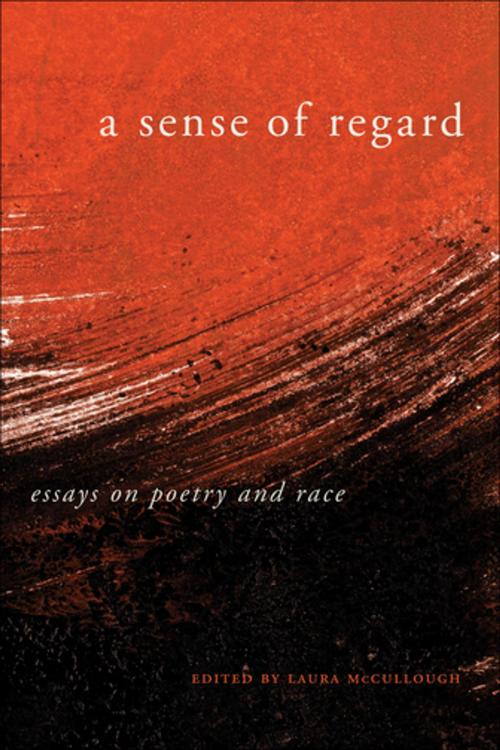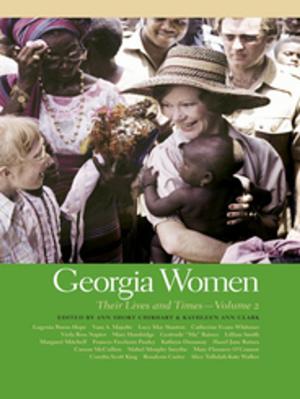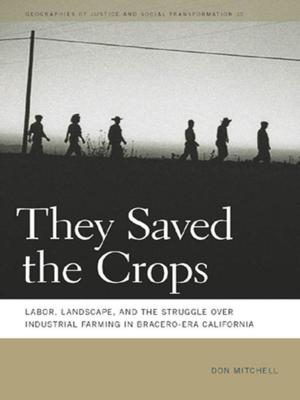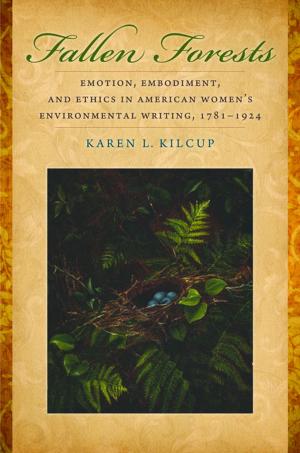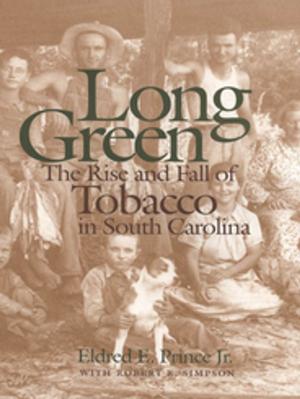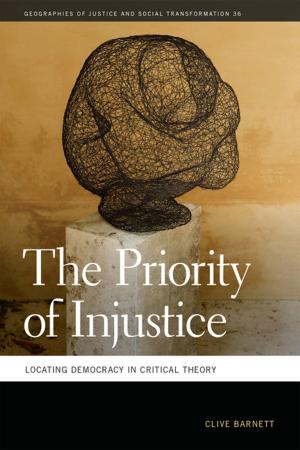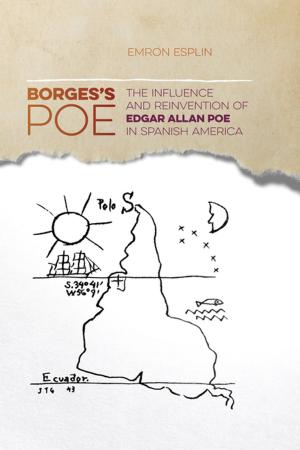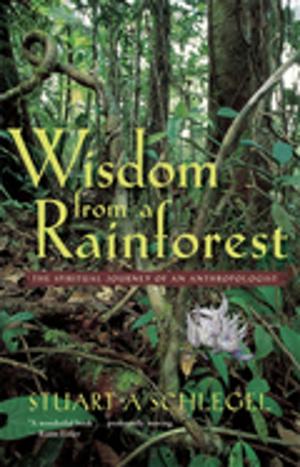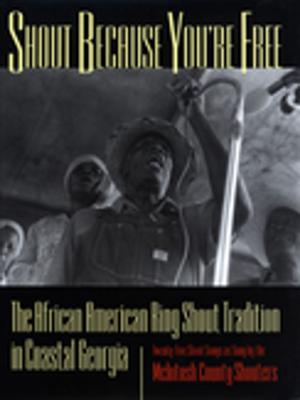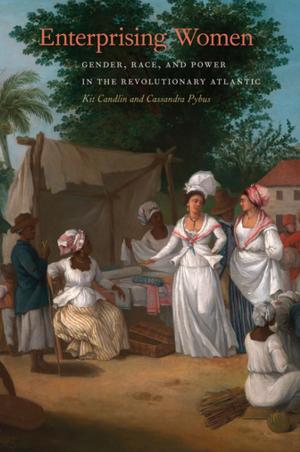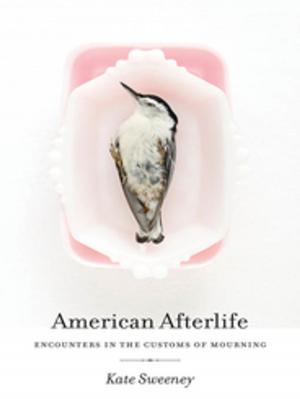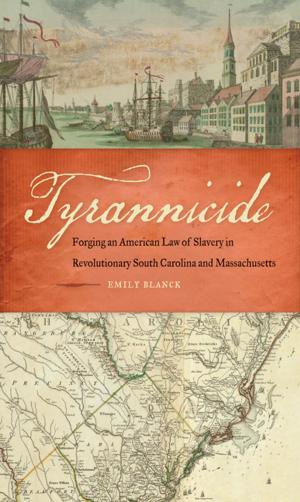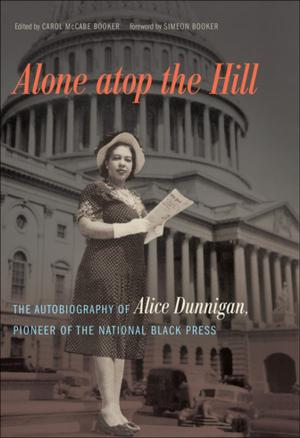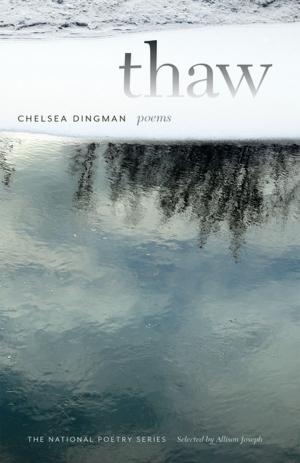A Sense of Regard
Essays on Poetry and Race
Fiction & Literature, Literary Theory & Criticism, Poetry History & Criticism| Author: | Martha Collins, Camille T. Dungy, Tony Hoagland, Randall Horton, Major Jackson, Timothy Liu, Kazim Ali, Hadara Bar-Nadav, Lucy Biederman, Jaswinder Bolina, Rafael Campo, Ken Chen, Travis Hedge Coke, Joanna Penn Cooper, Adebe DeRango-Adem, Paula Hayes, Garrett Hongo, Ailish Hopper, Leigh Johnson, Patrick S. Lawrence, Matthew Lippman, Charles H. Lynch, Gerald Maa, Philip Metres, Mihaela Moscaliuc, David Mura, Sara Marie Ortiz, Roxanne Naseem Rashedi, Jason Schneiderman, Ravi Shankar, Tess Taylor, Timothy Leyrson | ISBN: | 9780820347875 |
| Publisher: | University of Georgia Press | Publication: | February 15, 2015 |
| Imprint: | University of Georgia Press | Language: | English |
| Author: | Martha Collins, Camille T. Dungy, Tony Hoagland, Randall Horton, Major Jackson, Timothy Liu, Kazim Ali, Hadara Bar-Nadav, Lucy Biederman, Jaswinder Bolina, Rafael Campo, Ken Chen, Travis Hedge Coke, Joanna Penn Cooper, Adebe DeRango-Adem, Paula Hayes, Garrett Hongo, Ailish Hopper, Leigh Johnson, Patrick S. Lawrence, Matthew Lippman, Charles H. Lynch, Gerald Maa, Philip Metres, Mihaela Moscaliuc, David Mura, Sara Marie Ortiz, Roxanne Naseem Rashedi, Jason Schneiderman, Ravi Shankar, Tess Taylor, Timothy Leyrson |
| ISBN: | 9780820347875 |
| Publisher: | University of Georgia Press |
| Publication: | February 15, 2015 |
| Imprint: | University of Georgia Press |
| Language: | English |
A Sense of Regard, says Laura McCullough, “is an effort to collect the voices of living poets and scholars in thoughtful and considered exfoliation of the current confluence of poetry and race, the difficulties, the nuances, the unexamined, the feared, the questions, and the quarrels across aesthetic camps and biases.”
The contributors discuss issues as various as their own diverse racial and ethnic backgrounds. Their essays, which range in style from the personal and lyrical to the critical, are organized into four broad groupings: Americanism, the experience of unsilencing and crossing borders, interrogating whiteness, and language itself. To read them is to listen in as the contributors speak what they know, discover what they do not, and in the process often find something new in themselves and their topic. As a reader you are invited, says McCullough, “to be moved from one sense of regard to another: to be provoked and to linger in that state. . . . To query, quarrel, and consider.”
A Sense of Regard grew out of a recent gathering of the Association of Writers and Writing Programs (AWP), where a poet’s comments on the work of another sparked impassioned and contentious conversations in person, in print, and online. Though race is often thought of as an age-old topic in poetry, McCullough saw clearly that there is still much to discuss, study, and tease apart. Moving the conversation beyond the specificity of those initial AWP encounters, with their mostly black/white focus on race, these essays provide a context and a safe starting place for some urgently needed discussions we too rarely have.
A Sense of Regard, says Laura McCullough, “is an effort to collect the voices of living poets and scholars in thoughtful and considered exfoliation of the current confluence of poetry and race, the difficulties, the nuances, the unexamined, the feared, the questions, and the quarrels across aesthetic camps and biases.”
The contributors discuss issues as various as their own diverse racial and ethnic backgrounds. Their essays, which range in style from the personal and lyrical to the critical, are organized into four broad groupings: Americanism, the experience of unsilencing and crossing borders, interrogating whiteness, and language itself. To read them is to listen in as the contributors speak what they know, discover what they do not, and in the process often find something new in themselves and their topic. As a reader you are invited, says McCullough, “to be moved from one sense of regard to another: to be provoked and to linger in that state. . . . To query, quarrel, and consider.”
A Sense of Regard grew out of a recent gathering of the Association of Writers and Writing Programs (AWP), where a poet’s comments on the work of another sparked impassioned and contentious conversations in person, in print, and online. Though race is often thought of as an age-old topic in poetry, McCullough saw clearly that there is still much to discuss, study, and tease apart. Moving the conversation beyond the specificity of those initial AWP encounters, with their mostly black/white focus on race, these essays provide a context and a safe starting place for some urgently needed discussions we too rarely have.
